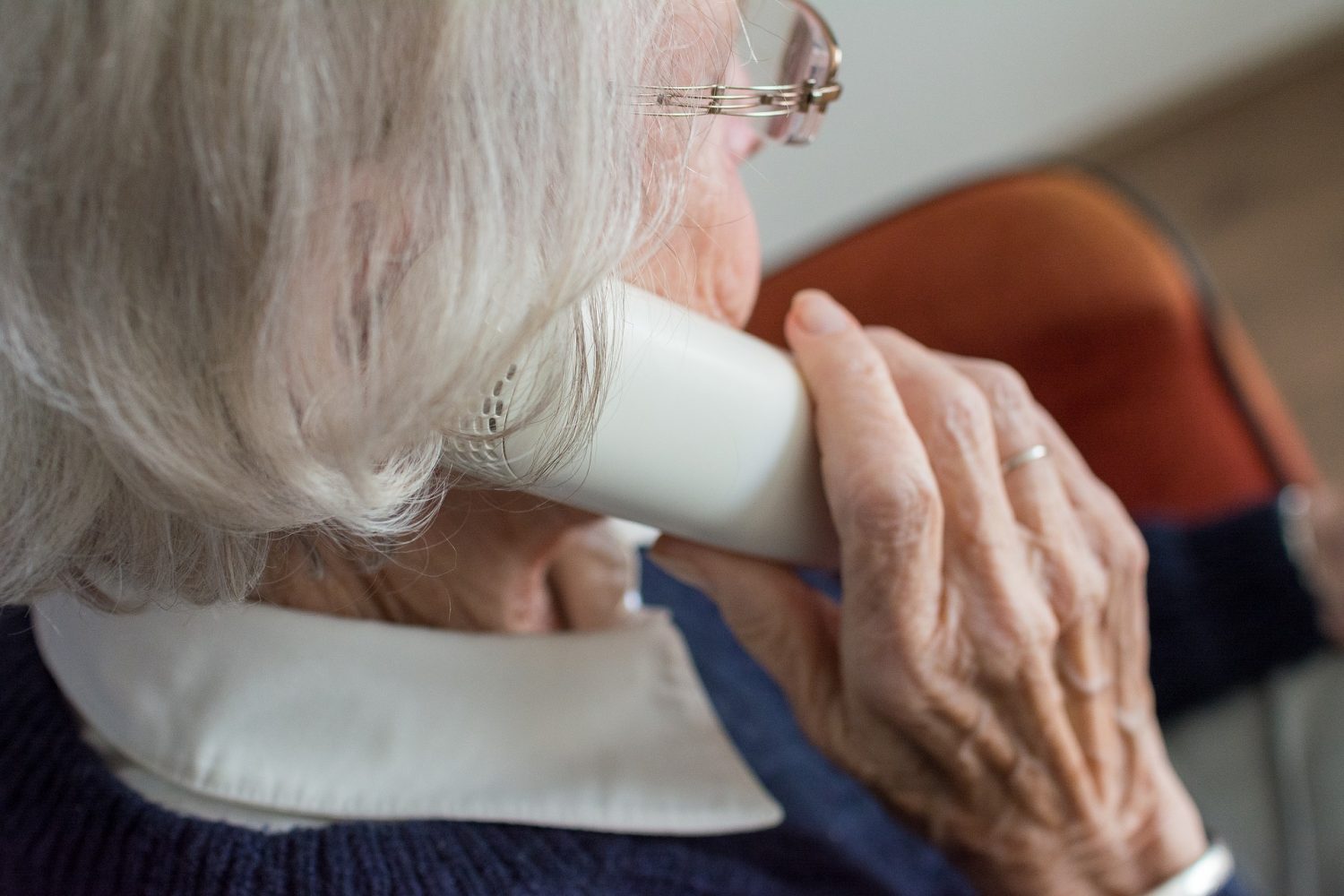Financial fraud is a growing problem. AARP’s Public Policy Institute reported in 2016 that one in five seniors have been the victim of financial exploitation each year, losing $120,000 on average.
Elder fraud comes in may forms; from forging an older person’s signature, misusing or stealing an older person’s money or possessions, coercing or deceiving an older person into signing a document such as a contract or will, or the improper use of conservatorship or guardianship.
And, since it’s so hard to trace, elder fraud has the lowest survival rate of any type of elder abuse, tied with caregiver neglect.
It can happen to anyone, but is particularly concerning when it comes to the elderly, because this population is most vulnerable and willing to provide information to fraudsters. This could be because of diminished capacity; unfamiliarity handling their own finances, or simply because they are afraid for the safety and wellbeing of themselves or their loved one.
Scammers are everywhere and take on many identities from family members to complete strangers. The five common scams listed below seem obvious; however, scammers are doing their research and coming up with intelligent ways to deceive their victims, often preying on their emotions.
5 Common Scams
Government Official Impersonation Scam: We’ve all had a call or two from the “IRS” or “FBI”. These scams are government impersonators who call you and state that you owe money. They may threaten to arrest you or may state they are aware you are involved in a scam and are trying to help you recoup your money.
Lottery Scams: The Jamaican Lottery is the most successful lottery scam. The custom is typically contacted via the telephone and told they have won a large sum of money, but to collect their prize, you need to pay an upfront fee or tax.
Sweetheart and Romance Scam: This is an internet-based scam in which individuals use fake profiles on dating sites and social media to target victims. They establish a romantic relationship and request financial assistance.
Grandparent Scam: A senior receives a phone call from an individual posing as their grandchild who is in need of money and does not want to ask their parents. The grandparent becomes afraid for their grandchild and sends money without talking to anyone but the fraudster about it.
Investment Scam: These scams range from non-existent investment products to penny stocks to high risk investments. Scammers go as far as to create fake businesses online and even list an office phone number. This is to get the investor to believe they are real and send them money in hopes of getting significantly greater returns.
Clients can also provide a trusted contact to their financial advisor in the event that they may have fallen victim to financial exploitation. At Fidelity, the trusted contact does not have authority or access to the client’s accounts. It simply provides a trusted contact person that the client designates to be notified if the advisor suspects financial abuse or cognitive decline that may be affecting their financial decisions.
It’s important to talk with your aging parents or grandparents about the potential threats of scams like these so that you can help identify best practices. Often social isolation or lack of social support can increase a person’s chance of being a victim. Making sure your aging family members have more than one person that checks up on them is helpful in identifying if there’s a problem.
If you suspect someone of being financially abused, you can report the crime by calling your local Adult Protective Services and state attorney general’s office.
Contributor: Cory Norpel is the Operations Director at Chastain. A second-generation Arizonan, Cory graduated cum laude from the Walter Cronkite School of Journalism and Mass Communication at Arizona State University. A true people person, Cory loves to work with our clients and partners to ensure they receive superior service. Cory’s experience in both journalism and the medical field demonstrate her excellent attention to detail.

